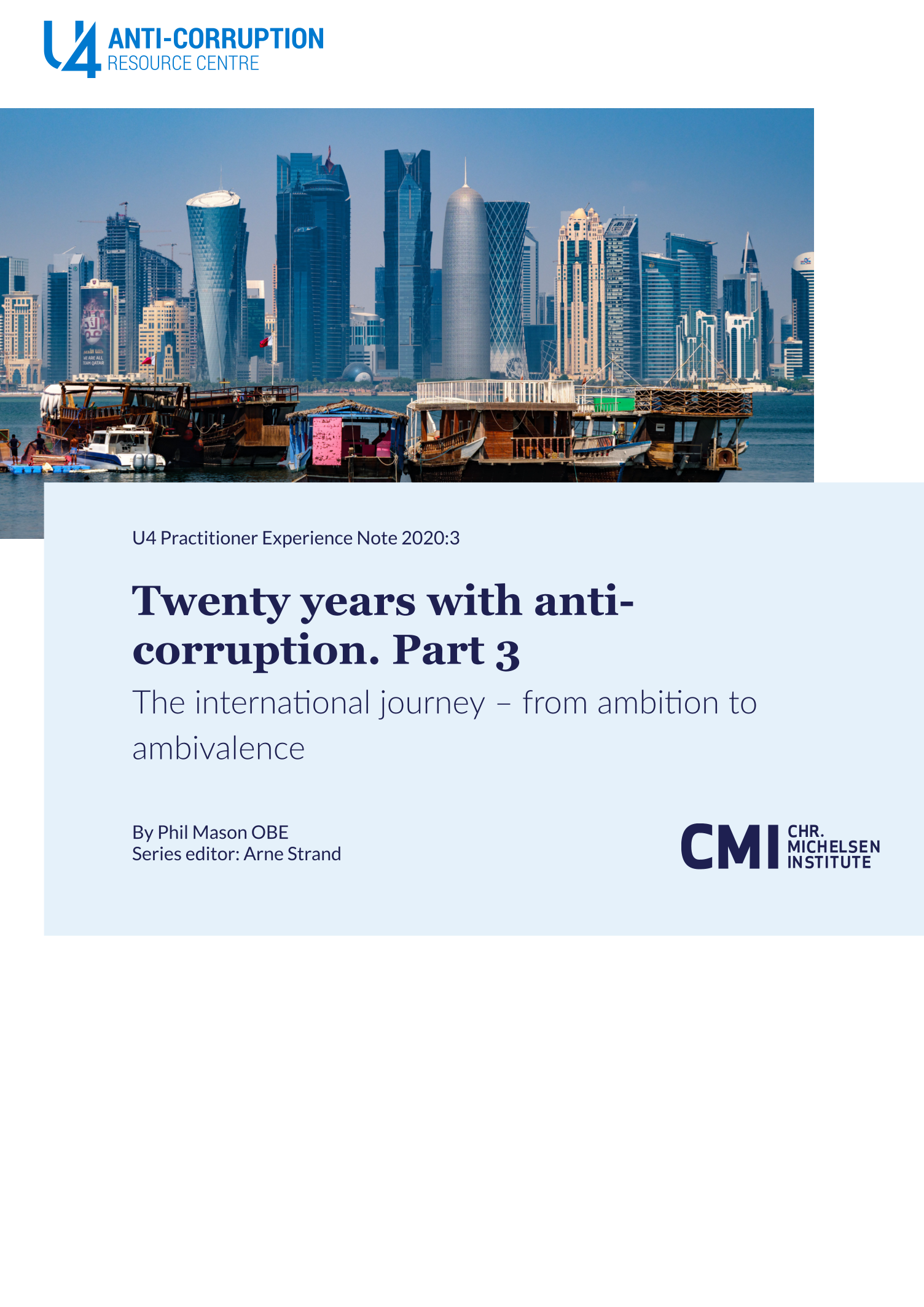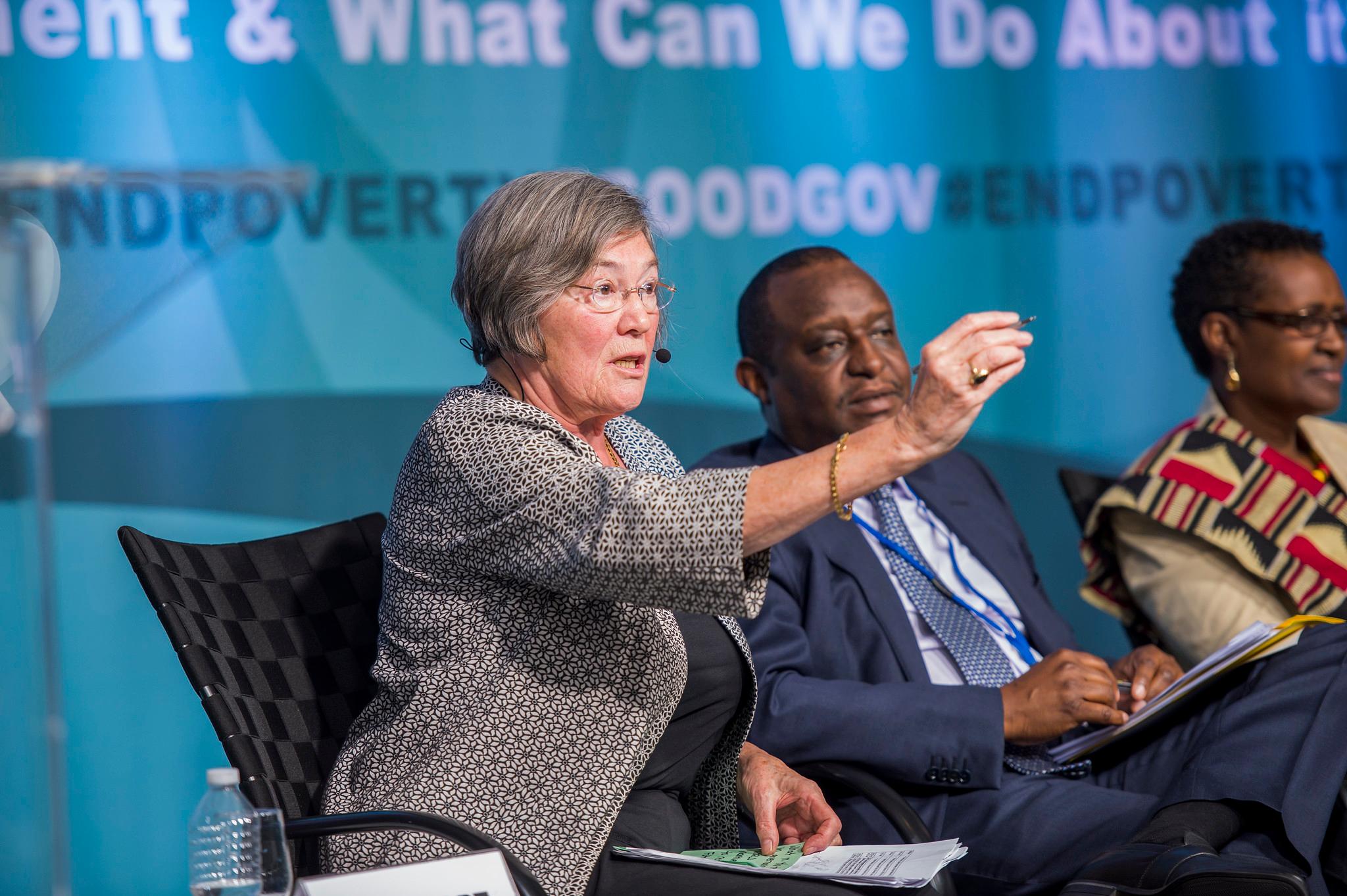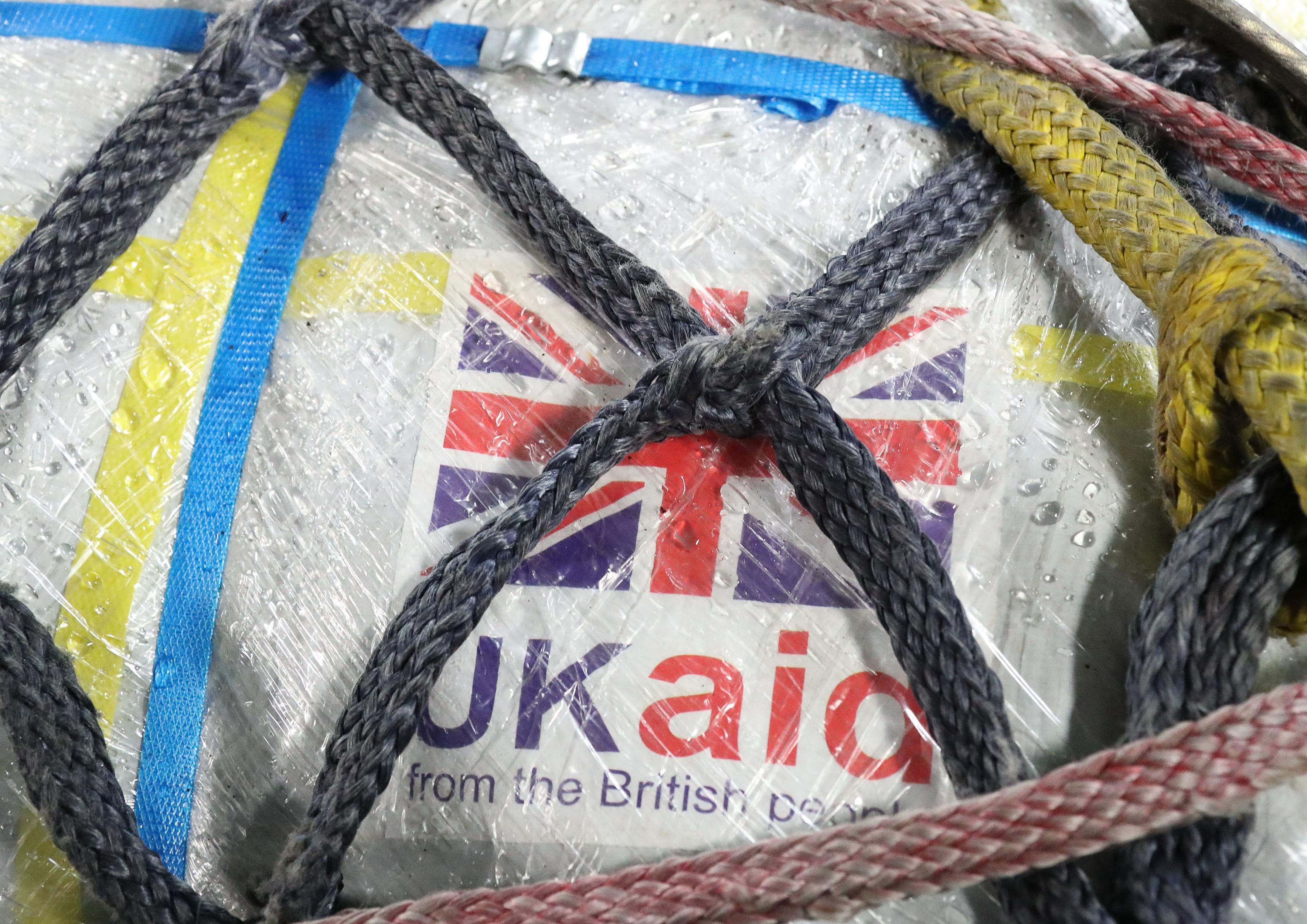Main points
- The evolution of international instruments and tools has been a fragmented process. The lack of coherence in the global response is a major weakness and complicates action.
- The current system is further undermined by an emerging gap between formal commitments and actual implementation in practice. Words on paper need to be turned into action on the ground
- UNCAC does represent the first and only global consensus on what constitutes corruption, the damage it causes and everyone’s responsibilities for tackling it. It is a truly landmark achievement – but it urgently needs to be reinvigorated


